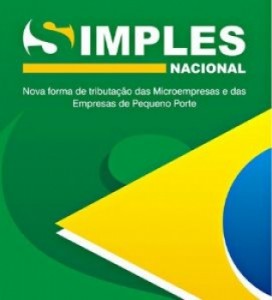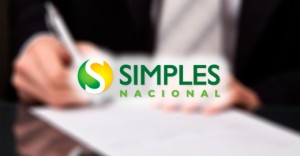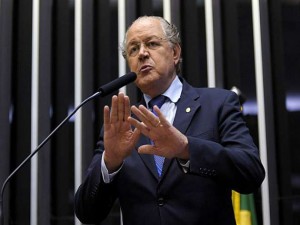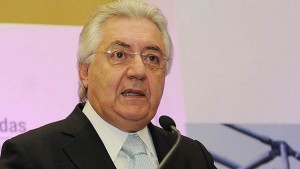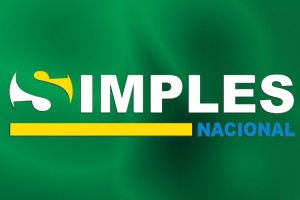Debureaucratization measures for the benefit of small businesses are expected to be announced next week by President Dilma Rousseff. The possibility of editing a provisional measure is also studied, setting the readjustment of the income tax table at 6,5%.
The Planalto effort aims to reverse the government's declining popularity and the imminent release of the list of parliamentarians and other officials to be investigated in Operation Lava Jato.
Still this week, the president will analyze a proposal that creates transition bands for companies to gradually leave Supersimples, a tax system that reduces the tax burden by up to 40%. It is the project Grow Without Fear by Minister Guilherme Afif Domingos.
In the case of reducing bureaucracy, this is to facilitate the closing of companies in Brazil, considered as one of the worst countries in the world in a business environment in the World Bank's Doing Business Report.
Through a computer program, the entrepreneur can do this over the internet in three minutes. There are 1,2 million inactive companies that have not been closed due to excessive bureaucracy.
To read the full story, click here
Source: site contabeis.com.br (20/02)


